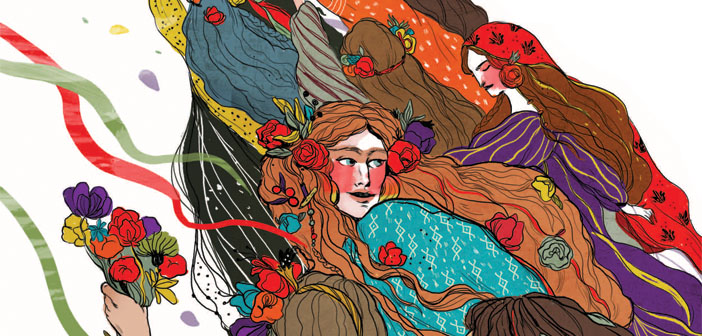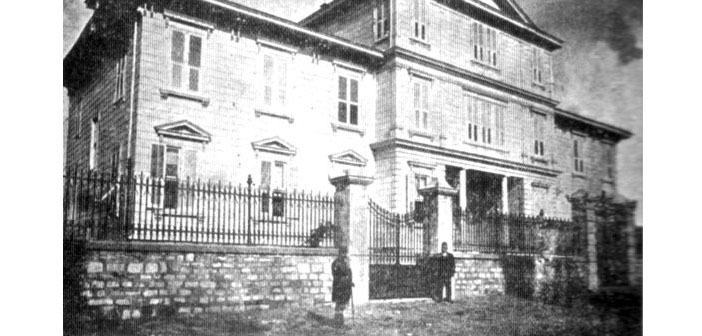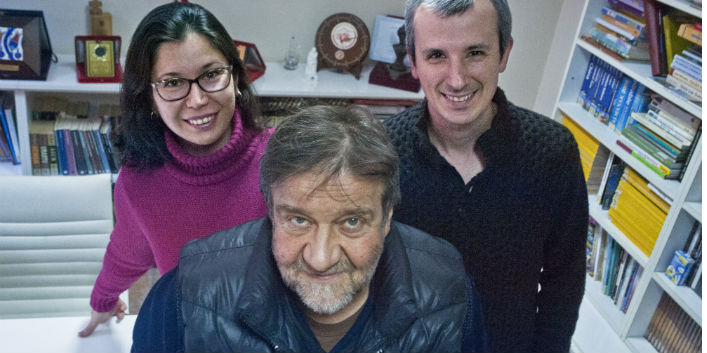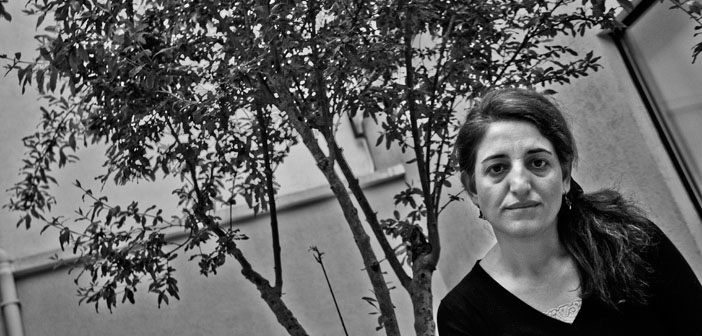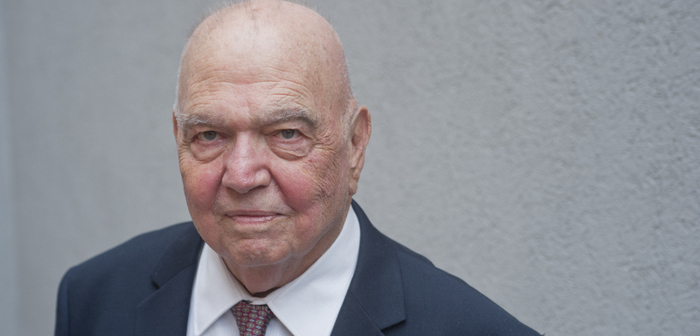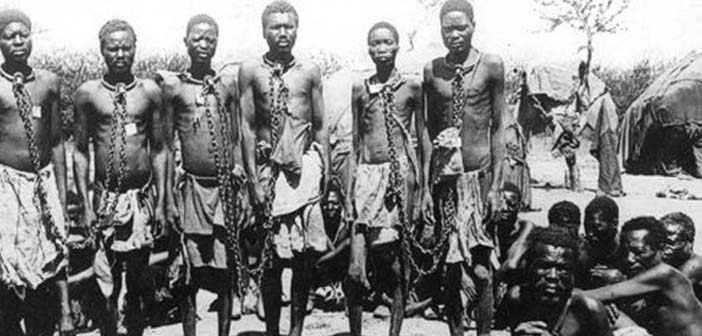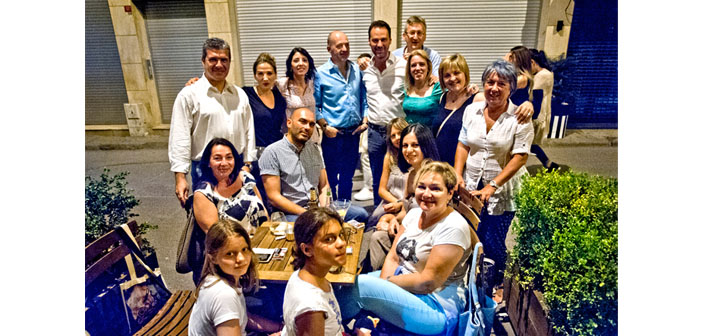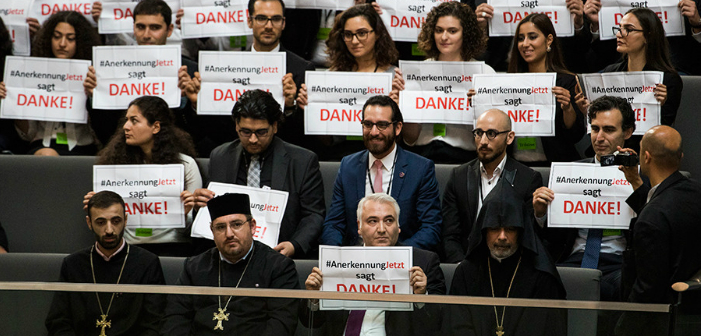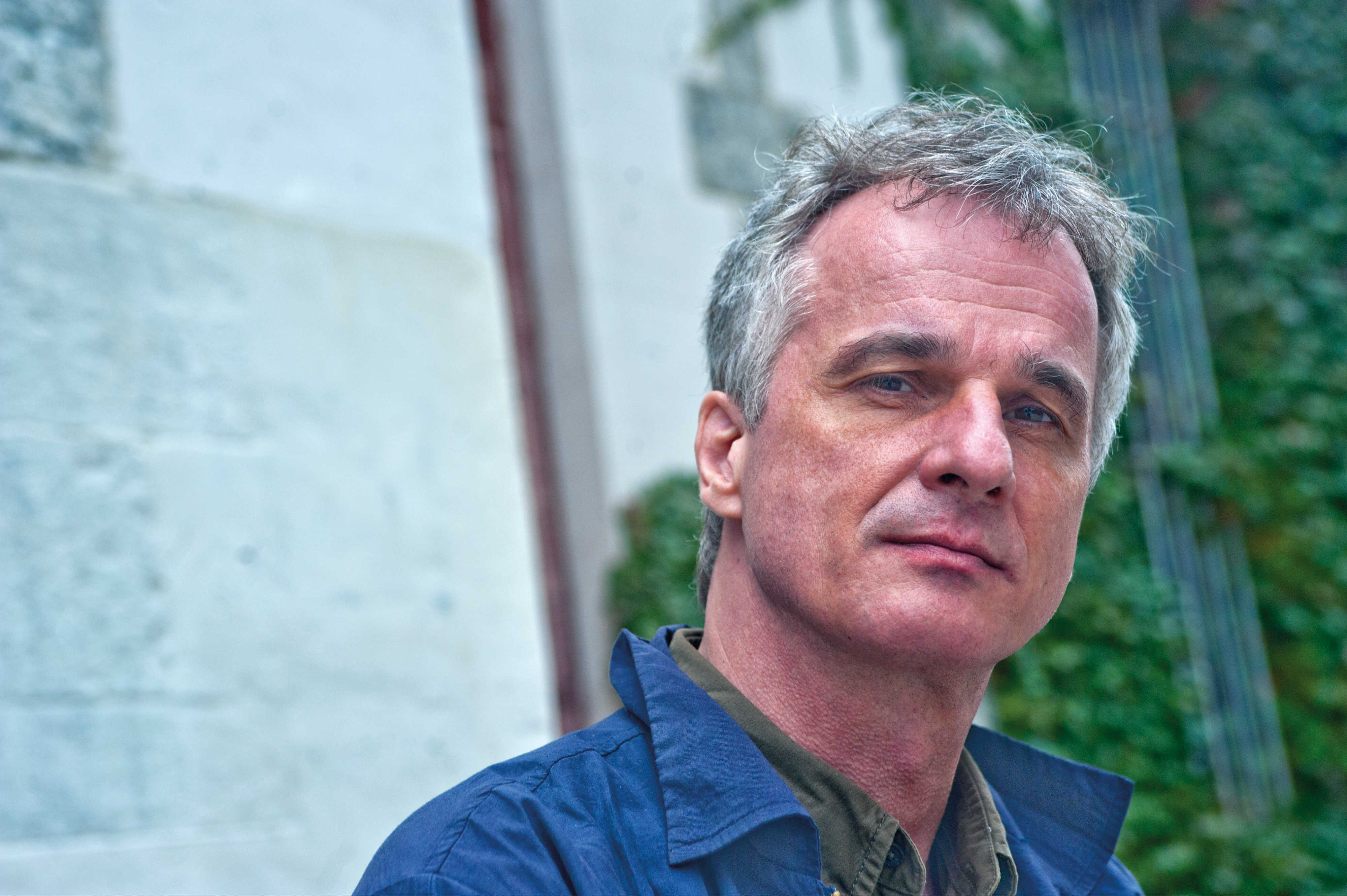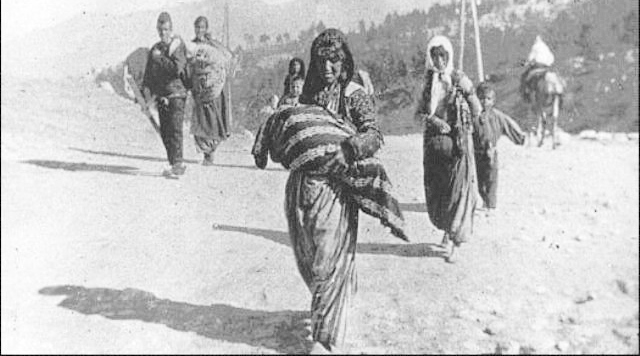ARKA SAYFA
Love stories from Baron Seropyan: Aşiq û Maşûq
Showing that this land is not only a source of tensions and massacres, but also nurtures unforgettable love stories, “Aşiq û Maşûq – Kurdish-Armenian love stories from Armenian sources” brings three unforgettable tales which are part of oral history and handed down from generation to generation. The common ground of these tales is not only impossible loves; they also voice Anatolia, Mesopotamia and all unique Dersim and reveal the life of Armenian and Kurdish peoples.
Crises in Armenian Patriarchate in 19th century Ottoman Empire
Crisis in the patriarchate is not new for the Armenian society of Turkey. During 19th century, many patriarchs had been forced to resign. We talked to Richard Edward Antaramian, faculty member at University of Southern California Contemporary Armenian Studies, about these crises in 19th century.
May bees without borders set an example to people
The documentary titled “Bees without Borders”, which was shot in the villages along Turkish-Armenian border, tells the story of beekeeping activities on the both sides of the border. The difficulties that these people on different sides of the border experience are almost the same and they all dream about opening of the border. Coşkun Aral, Müge Aral and Batuhan Tunçer tells about the document.
Armenians of Diyarbakir longing for Surp Giragos
The discrimination that Stephan Yepremyan has been subjected for trying to maintain his culture and the torments that Hangül Özbey went through because of her Kurdish and Armenian identity reveal the suffering caused by being an Armenian of Diyarbakir.
“Armenian genocide concerns the whole humanity”
Richard Hovhannisian, who is a prominent figure in Armenian historiography, came to Istanbul for attending “The Social Cultural and Economic History of Van and the Region 1850-1930” conference organized by Hrant Dink Foundation. We talked to him about his recently-published book and his studies on the genocide.
Germany continues to confront its history with Herero Genocide
After the Armenian Genocide resolution was passed, German government also recognized what happened in Namibia as genocide. We talked to Prof. Jürgen Zimmerer from Hamburg University, who has been studying Herero Genocide.
Greeks settling into Turkey is like a shot in the arm for Greek community in Turkey
The number of people migrating to Istanbul from Greece increases day by day. It is estimated that around 800 Greek immigrants live in Istanbul. There is a platform called “Hava Baba”, which is founded by those immigrants. We spoke to Marina Drymalitou, the chair of Association for the Support of Greek Community Foundations in Turkey (RUMVADER) about the problems with Greek immigrants and their expectations.
“Bundestag's resolution may open the eyes of many Germans, including those of Turkish origin”
We addressed two questions to two people, historian and former editor of Der Speigel Wolfgang Gust and historian Eric Weitz from City University of New York, who have been researching German complicity to the Armenian Genocide for many years.
“With an unrestrained access to the archives in Ankara, we can gain a much better understanding of German responsibility”
We talked to Hilmar Kaiser, one of the prominent researchers who work on the Armenian Genocide, about Bundestag's resolution and Germany's responsibility. Kaiser said: “It was not 'the Ottoman Empire' or 'Turkey' or 'the Turks' or 'the Kurds' who killed the Armenians. Let us identify the culprits and praise the rescuers.
Anzacs tell about 1915
Held captive by Ottoman army, Anzac soldiers reveal rather unknown aspects of the Armenian Genocide through their journals. In the stories that came to light thanks to the studies of New Zealander historian and journalist James Robins, experiences of Anzac soldiers who witnessed the genocide are told. This interview of Robins is about his studies that reach from 1915 to the present.


